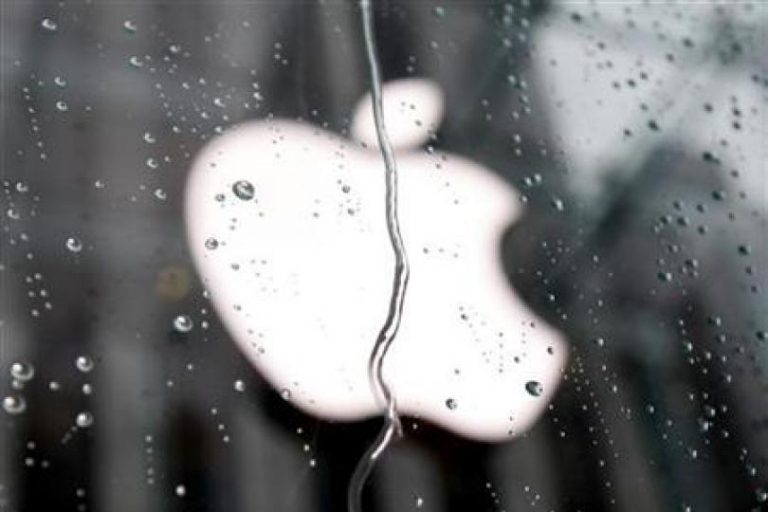
The US Senate has revealed over the weekend that it is finally ditching the classic mobile phones of BlackBerry Ltd. (NASDAQ:BBRY) for Apple, Inc. (NASDAQ:AAPL) iPhones and Alphabet, Inc. (NASDAQ:GOOGL) Google Android smartphones.
Senate Memo
The Senate Sergeant at Arms released a memo addressed to the US Senate staff last week, informing them that BlackBerry phones will no longer be provided since the manufacturer has allegedly decided to stop producing the Classic, Passport, Q10, Z10, and Z30 units.
However, BlackBerry clarified that it is only discontinuing the Classic production and not its entire lineup of OS 10 devices. While the BlackBerry Classic has retained the notable qualities of the typical BlackBerry brand, its processor is already quite outdated. Also, some of its features have already become irrelevant through time, a reason for BlackBerry to ditch its production.
According to the company, it will continue to market the rest of its BlackBerry 10 lineup.
BlackBerry noted that it will release a new operating system (OS) version next month, which will be followed by another update in 2017.
The members of the Senate can nonetheless use what’s left of the office’s stock of BlackBerry units and enjoy the same warranties.
BlackBerry’s Partnership with the US Senate
Despite being significantly behind the smartphone competition with the likes of Apple on the lead, BlackBerry has somehow maintained its position with its partnership with the US Senate.
For a decade now, BlackBerry has been the official mobile phone provider of the US Senate. With its mobile phone features strongly dedicated to productivity and long battery life, BlackBerry has been the leading choice in the legislative arena. Moreover, it is one of today’s most trusted manufacturers due to its superior encryption methods. At the same time, the technology company has relied heavily on this collaboration to keep its balance sheet in check. The loyalty of US lawmakers and their staff and other customers in developing countries has aided BlackBerry in the tight market.




